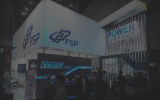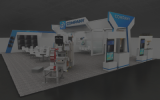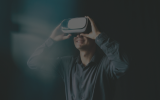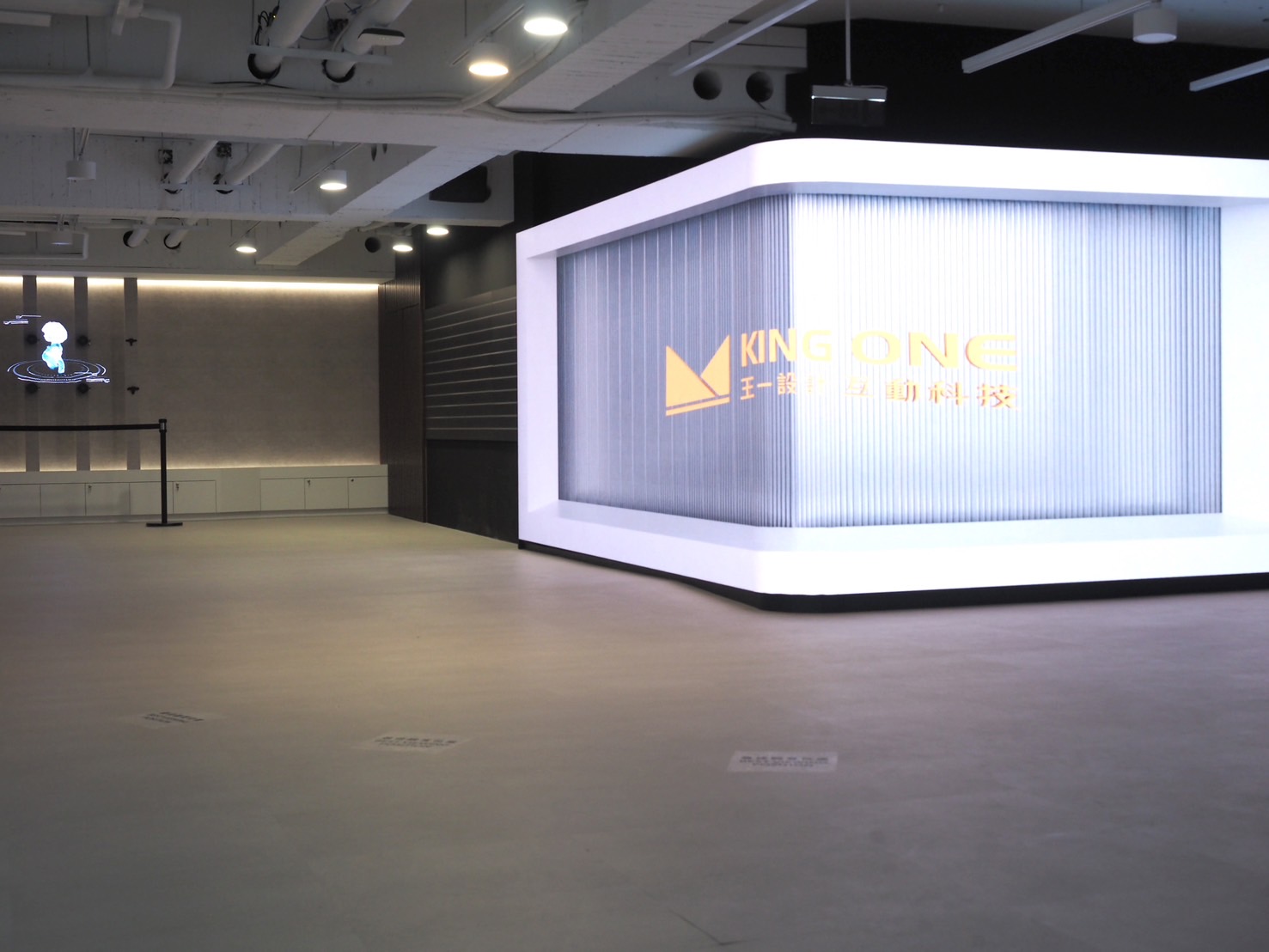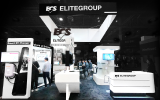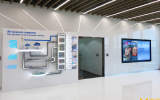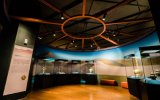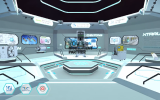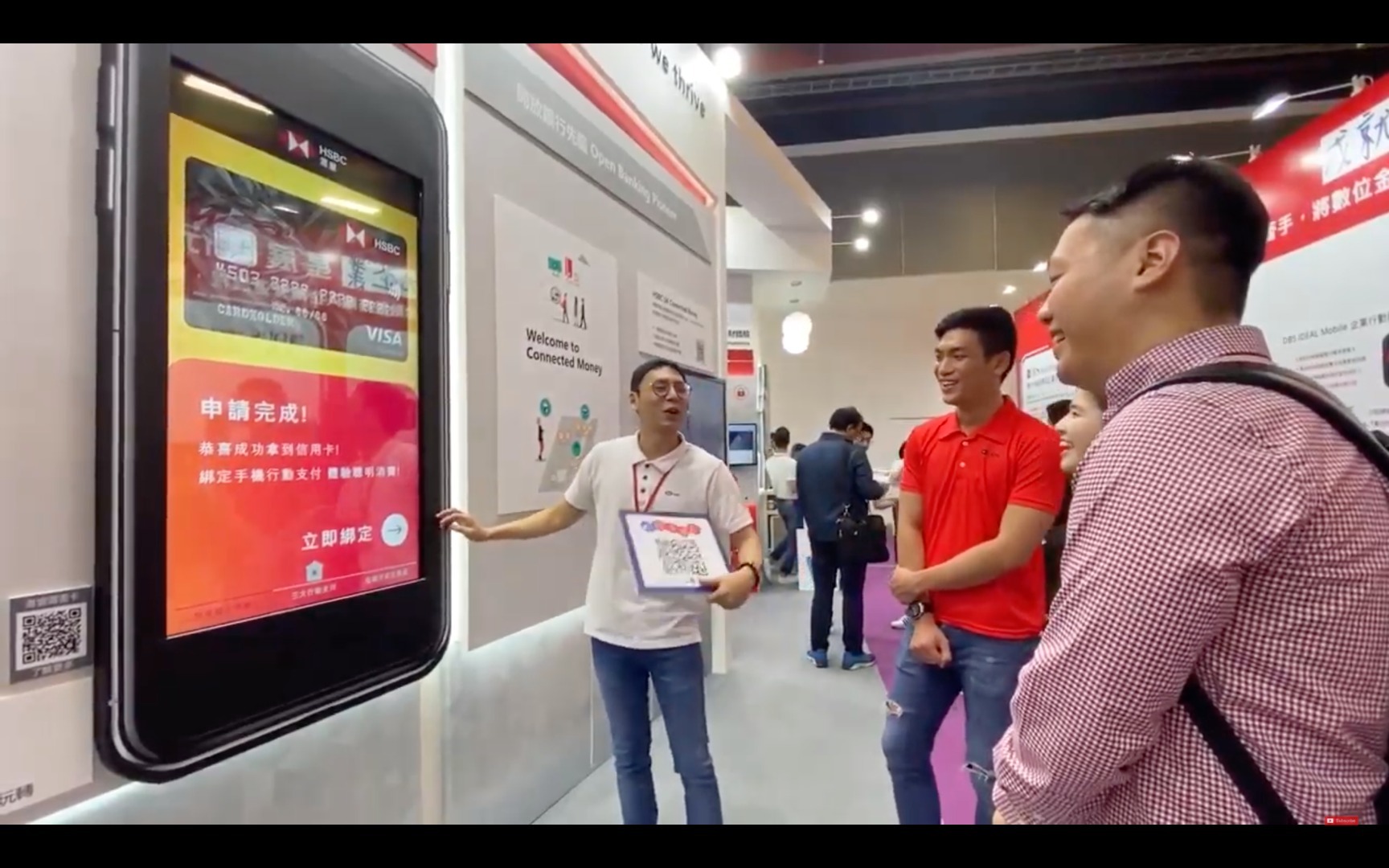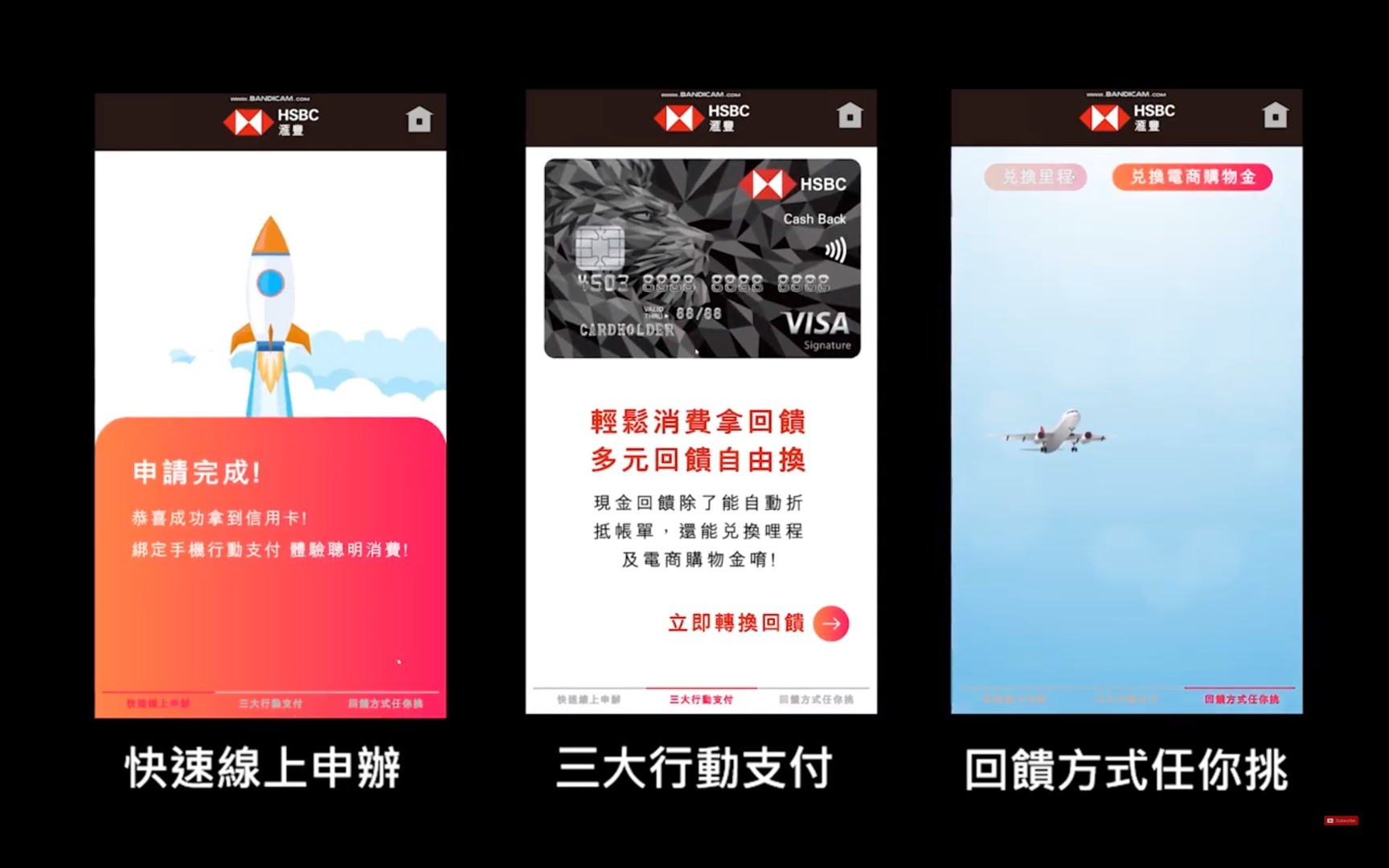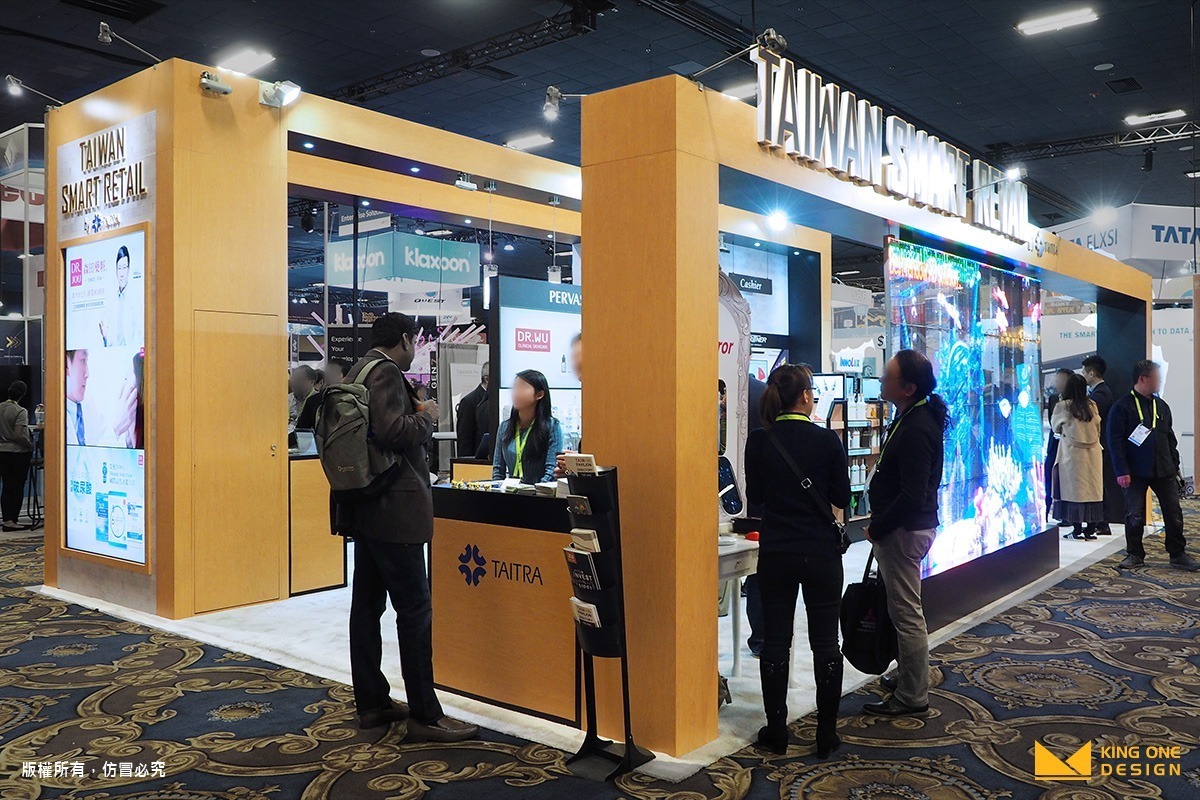What is the definition of Experiential Marketing? From 5 perspectives, you will get it!
As purchasing, the seller would try every possible way to raise the purchasing desire through experiential marketing. Therefore, we can take a look at 5 perspectives to hit the customers heart with touching brand story through various emotional and rational factors such as sense, feel, think, act, relate, etc. Furthermore, to reach the win-win situation, we can definitely incorporate business space design for stronger experiential marketing propaganda!

Full disclosure: 5 perspectives of Experiential Marketing
Firstly brought up by two founders of Strategic Horizons LLP, Experiential Marketing philosophy believes that the customers' decision will be determined emotional and rational factors while purchasing. For this reason, the increasing purchasing rate and will be foreseeable if we study the customer behavior thoroughly with related experiential marketing methods provided. Let’s dive into more details to see these 5 perspectives!
1. Experiential Marketing - Sense
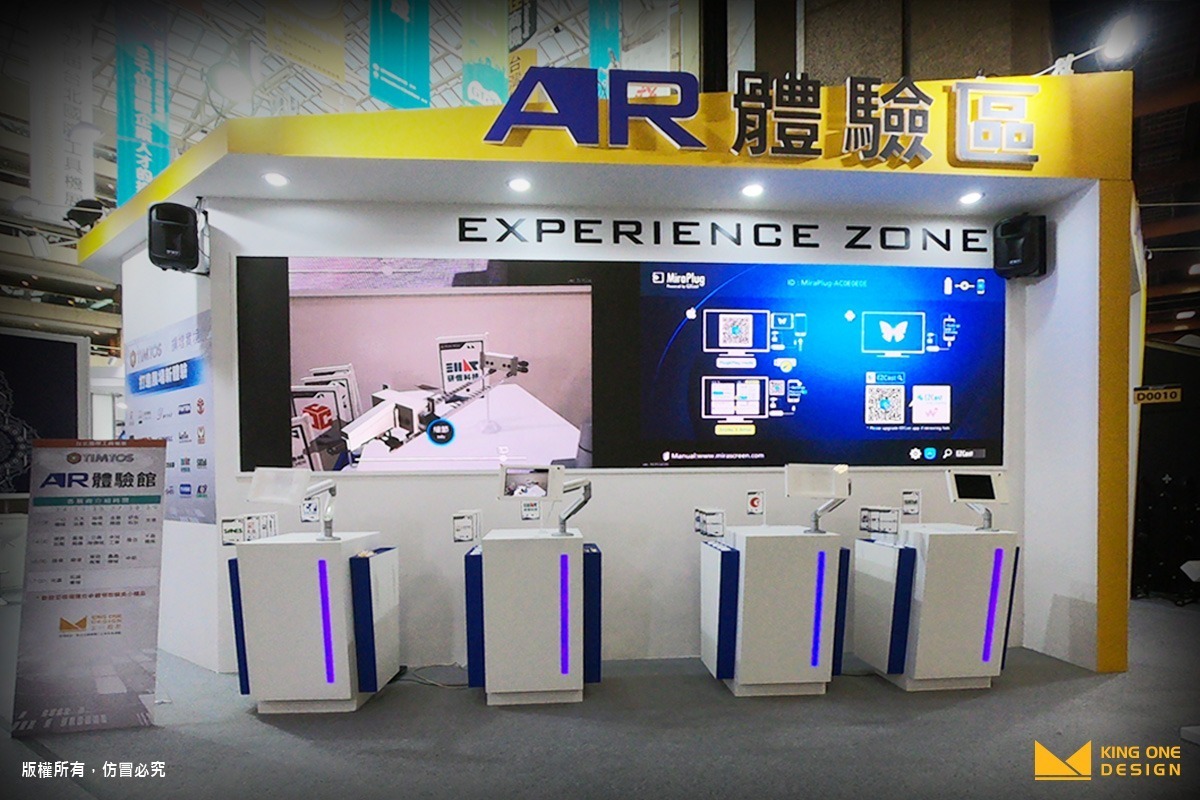
To sense, most of the time, we would refer to the five senses: vision, taste, smell, and sound. The common examples are driving test, free food or drinking samples. In the exhibition, we can incorporate interactive experience and AR experience zone to drive the traffic, hence fulfilling the goal of branding more easily.
2. Experiential Marketing - Feel
To feel, you have to strike the chord from the customers by creating a heart-warming atmosphere, so that the customers can be more relatable to the brand and, hopefully, increase the purchasing desire. Therefore, when it comes to exhibition booth design, you will need to put situational design ideas into consideration and built the booth in accordance with brand stories and images. The customers can blend in and finally stay!
3. Experiential Marketing - Think
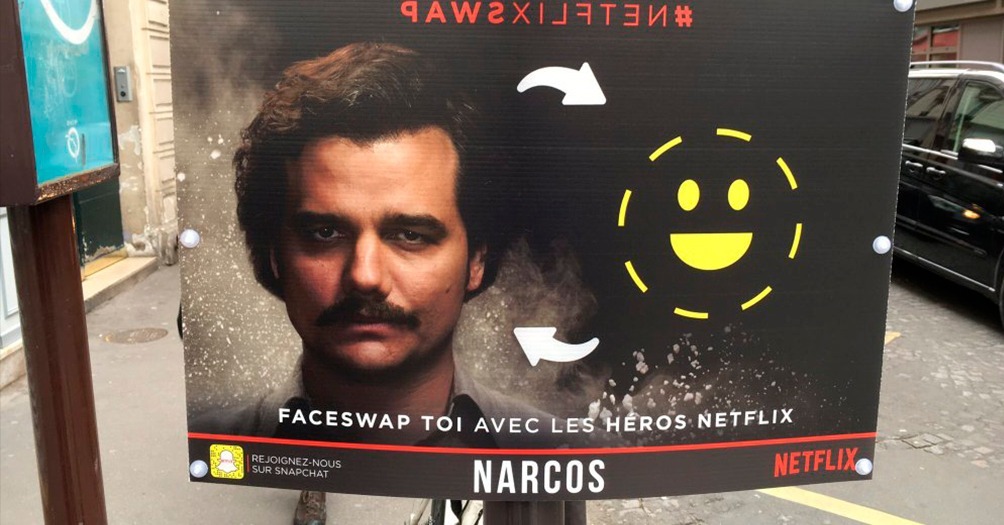
To think, we can bring out the creative and innovative solutions to customers problems. Served as a path to dig up the brand story, a series of well-arranged Q&A can raise the interest and make the customers actively involved with the products, therefore built the trust with the brand. In exhibition design, we can take advantages of the interactive AR applications to reach this goal and finally meet the needs from the customers.
4. Experiential Marketing - Act
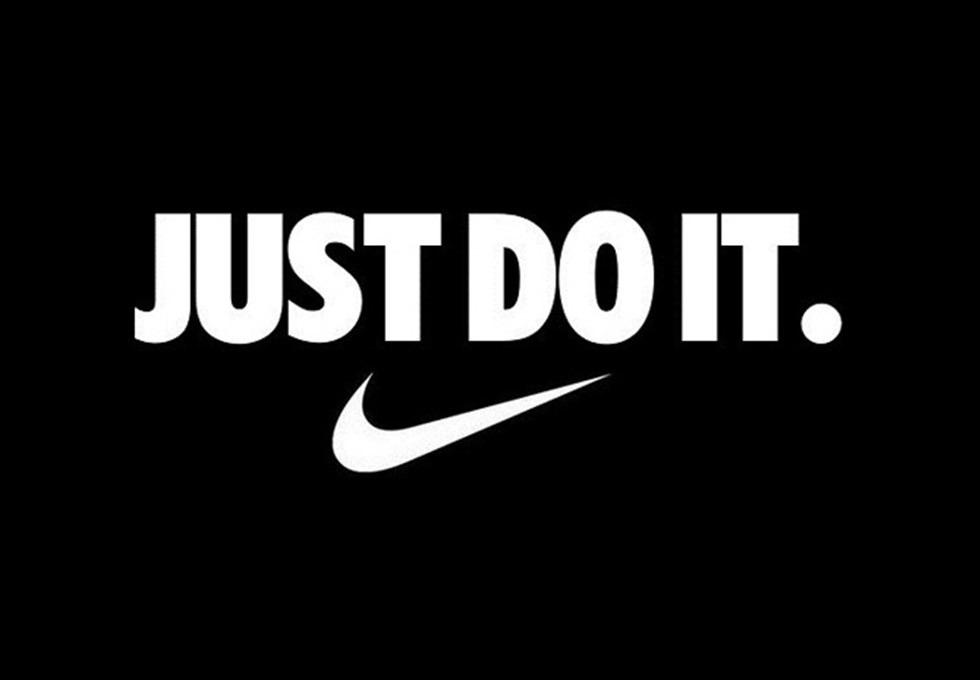
To act, we need a powerful slogan or a famous spokesperson to hit the customers inner desire.If you are wondering where to find the best example, go for NIKE. The classic CTA is, Just Do It! Simple, short, and catchy, NIKE drives the customers to purchase without much efforts and this is exactly the power we are looking for in the exhibition.
5. Experiential Marketing - Relate
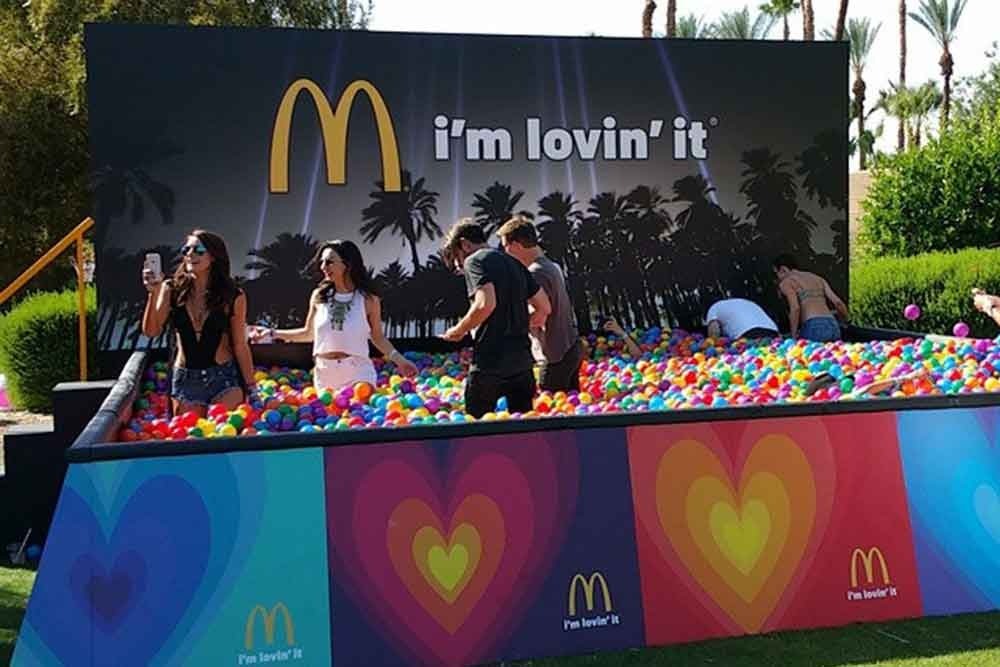
To relate, last but not least, you would have to combine all the above and make the products related to the brand. In exhibition level, it is vital to highlight the individuality from the brand and push further to drive the traffic via sense, feel, think, and act!
Experiential Marketing Examples
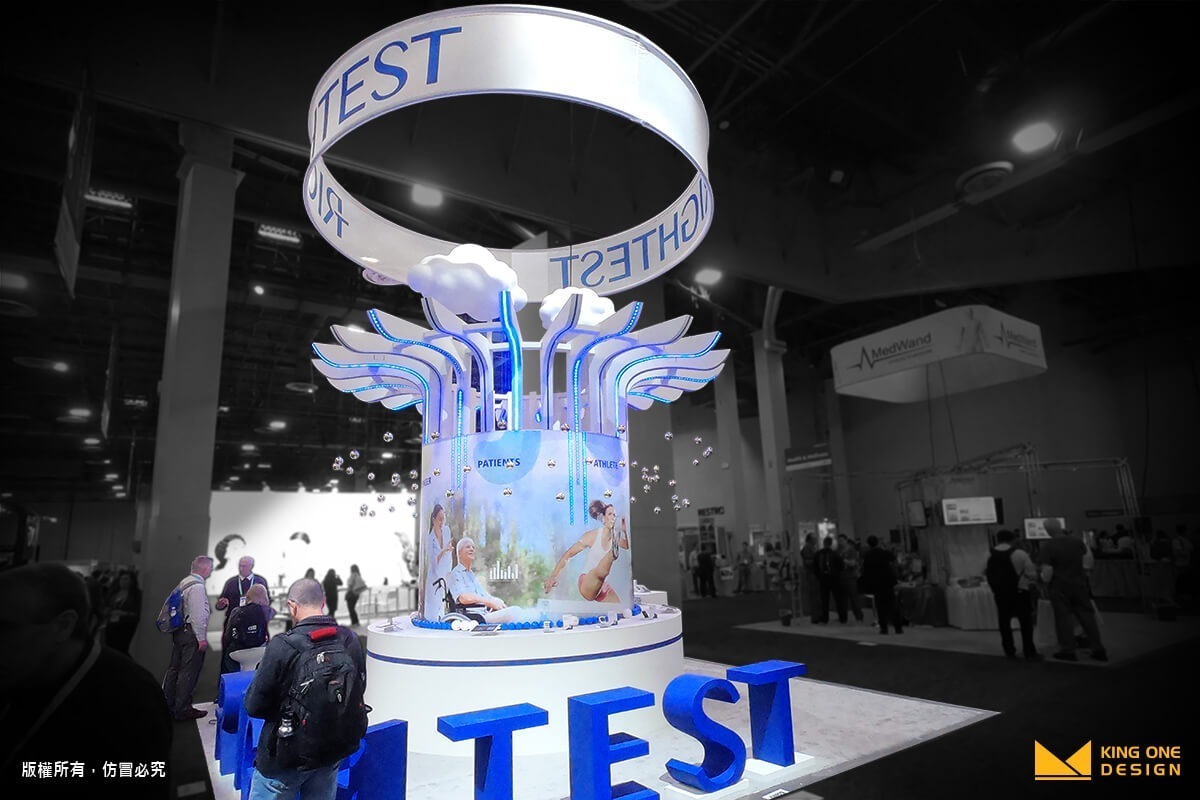
Recently, if your booth has interactive applications, the traffic is going to flow in continuously. Among all the fun, somatosensory interaction, augmented reality, AR business applications are the commonly seen and widely used in the market. On a creative level, Biome did a really great job by cooperating with us and made this interactive AR experience application from scratch.
With this game, Bionime is able to demonstrate a potential using situation for blood sugar meter, and the player would be introduced into an immersive environment to learn about the products with our game; consequently, we can welcome more traffic into the booth.
King One Design worked with HSBC and created a fun AR interactive experience exhibition games in Fintech Taipei. Through interactive animated game, visitors could learn about HSBC’s new global visa card, credit card, and smart investment platform.
Apart from structure design and construction methods, we believe it is also critical to be aware of how to create an interactive experience with booth itself. Throughout the experience of visiting the booth, the attendees undergo the whole new immersive environment, leaving a stronger and better user experience.
TAITRA presented the theme of “SMART RETAIL,” bringing the whole shop into the CES exhibition hall. Visitors would see the exact same interior design of a real store from Taiwan. The wooden texture pillars and walls added the warmness to the booth. The eye-catching fascia sit on the one side of the booth, drawing attention with its shiny graphics. Following the guide of the fascia, the visitors got the chance to both shop as a customer and operate the smart retail system as a clerk at the same time!
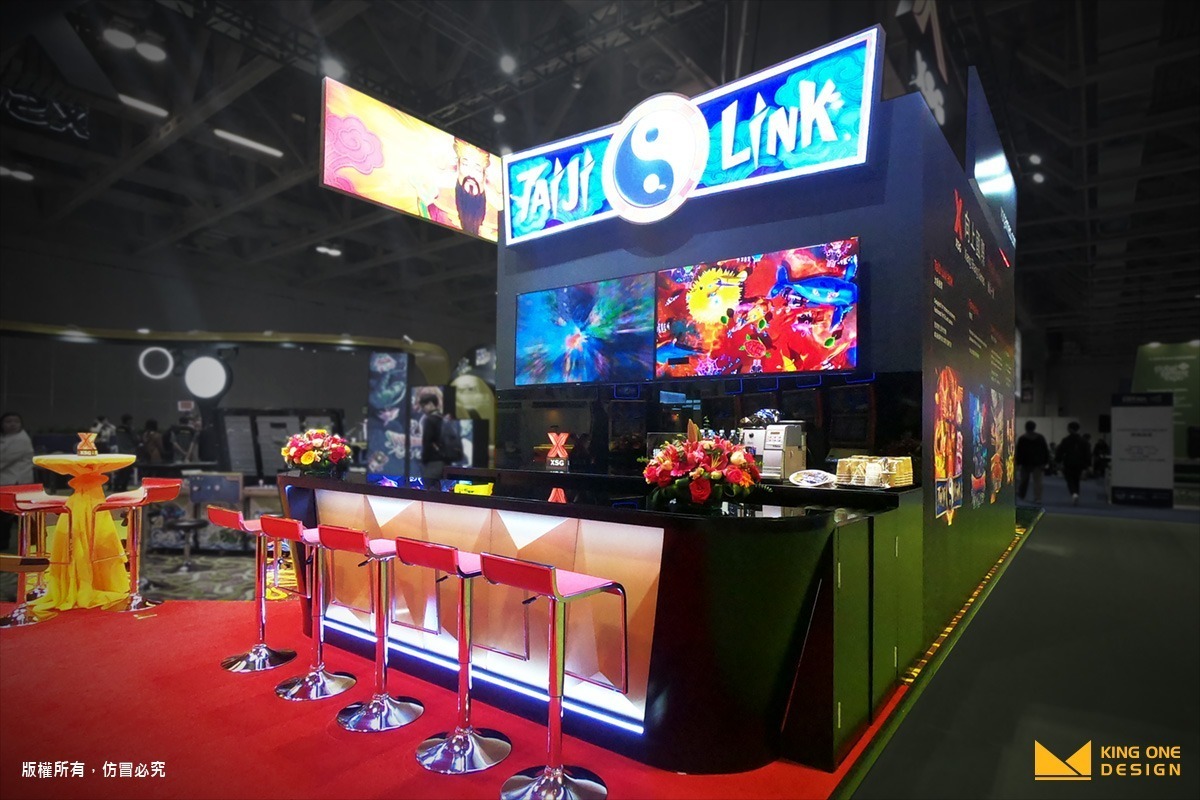
King One Design, together with XSG, participated in G2E Asia and G2E Las Vegas. We brought the concept of contextual design into the booth and helped XSG to build an outstanding booth with eye-catching banner. By creating a simulated and contextual environment, the attendees are more likely to relate themselves to the products and brand, both emotionally and physically, creating better user experience without the need of staffs explaining so much on set.
Contextual Design is not necessarily a must-do for an exhibitor to think about, but it does bring a booth into another immersive environment with higher quality in better user experience. And everyone knows, the better user experiences are, the easier to bring in the traffic, so now it’s just obvious that you could consider using the contextual design in your next booth, isn’t it?
- 1
Introduction of 3D Logo
Exclusive Perspective
- 2
6 Different Types of Trade Show Booths You Need to Know
Brand Strategy
- 3
What is CIS? Corporate Identity Design that goes hand in hand with exhibition design
Tech Life & Trends
- 4
[Exhibition Introduction] US Consumer Electronics Show CES2019
Industry Trends
- 5
What you need for Situational Design - 2.5 D
Exclusive Perspective
- 6
3D Logo - The Little Secret in Exhibition Design
Exclusive Perspective

